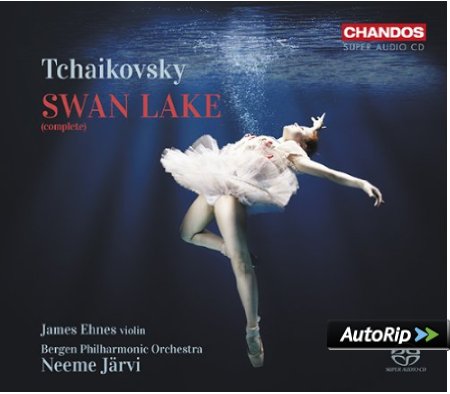There were two strong reasons, I reckoned, for struggling to the Wigmore Hall during the interstitial last week of the year. One was an ascetic wish to be harrowed by a mind and soul of winter, both within and without, in Prokofiev’s towering D minor Violin Sonata, after so much Christmas sweetness and light.

Which musical calendar year isn’t laden down with composer commemorations, too often a pretext for lazy and unimaginative planning? The last 12 months, with Verdi, Wagner and Britten as the birthday boys (in case you failed to hear), have raised the stakes.

Not every Yuletide fixture need be commercial and routine. Certainly St John’s annual Christmas Festival packs them in, but why wouldn’t it when the voices for the last two events, backed up by no less than the Orchestra of the Age of Enlightenment, are the best you could possibly find for the great monuments of Handel and Bach?
Nothing tests small-hall acoustics better than that most exuberant of holies, the Sanctus from Bach’s B minor Mass. After one of the year’s big disappointments, the blowsy sound coming from chamber ensembles in the Barbican/Guildhall School’s new Milton Court – a surprise miscalculation from Arup acousticians - it seemed imperative to get back to Kings Place’s Hall One, which feels bigger but is some 200 seats smaller (420 to Milton Court’s 608). And oh, the clarion cries of the 32 young Cambridge choral singers!

There’s a reason why many people think Handel and, particularly his Messiah, is dull. Relatively easy to play, his music is incredibly difficult to perform well. Take this Temple Winter Festival outing with choral expert David Hill conducting the immensely skilled BBC Singers who can, and largely do, sing everything; four soloists all banishing grandiose, wobbly vibrato from days of yore; and the accomplished St James’s Baroque. There was nothing wrong with the performance... Unless, that is, you wanted the intensity, passion and, yes, the drama that Handel wrote.

Although worlds away from festive mangers and mince pies, the BBC Symphony Orchestra’s pre-Christmas offering spread good cheer aplenty thanks to an absorbing programme of Austro-German repertoire that explored the outer reaches of Romanticism without ever quite leaving its orbit. The about-to-be-born Second Viennese School would circle a different sun from the one at the centre of Edward Gardner’s sumptuous programme – a lure that would soon draw in both Berg and Webern (though never Richard Strauss), but not quite yet.



A rare thing indeed. A British singer/pianist duo has had the patience, and also been given the opportunities over a number of years, to own and to inhabit a thoroughly individual and intelligent interpretation of Schubert's Winterreise.

Exactly what constitutes “the End of Time” in Olivier Messiaen’s extraordinary Quartet for piano, violin, cello and clarinet? Not surely “the end of days” but rather the end of measured time; music unfettered, music of the spheres, music without frontiers.

For seasonal fare that’s also profound, few pre-Christmas weekends in London can ever have been richer than this one. Hearts battered by John Adams’ nativity oratorio El Niño last night, one hoped for more soothing medicine this afternoon in the naïve and sentimental music of Berlioz’s sacred trilogy, first performed some 145 years earlier.

